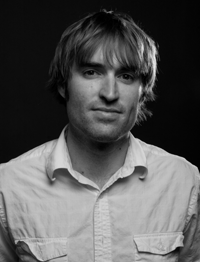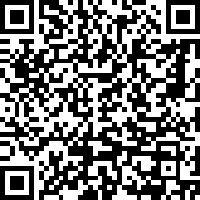Kevin Ludlow
Extra Credit Paper III – “Early Times”
RTF 316 – History of Radio and Television
Amanda Lotz
December 3, 1998
It is not often that I get the chance to talk to my 74-year-old grandmother about anything that interests her, so she was delighted to be asked about the radio. She was born sometime in 1925 and has a recalled listening to radio broadcasts ever since she was a young girl. I first asked her simply what it was like listening to the radio and her responses were certainly much more positive then mind towards radio. My grandmother explained to me how although they were listening to the radio, it was so similar to watching television, but at the same time better. She told me how the front of the radio had a large fuzzy screen on it that was often stared at like a picture was inside of it. The best part, of course, was that it was all in the imagination. She and her brothers would sit in front of the radio and stare at the blank screen imagining that there were really actors there to watch. No matter what kind of show they were listening to, they were always able to come up with a visual story to follow along with in their heads. At times, certain stories could stretch the images in their mind much more elaborately then today’s greatest special effects can. One of the biggest problems that they had was being allowed to listen to the shows that they wanted to. She explained to me how the content of many programs restricted them from listening in on the radio. Although we would probably view such content now as children’s programming, back in the 30’s, she explained, such content was much more regarded by parents.
Amongst her favorite programs was “Tom Mix” who was a movie star back then. He played the role of a cowboy on the radio and was apparently quite popular. “The Lone Ranger” was also a program that was broadcast in her household during that time period. One of both my grandmother and grandfather’s favorite programs was “Jack Armstrong, The American Boy” which at that time which was sponsored by Wheaties. I asked her if she recalled any comic shows that she may have watched during the time period and she told me about Eddie Couter. He was a comic on the radio around the middle 1930’s to early 1940’s. He was a household favorite as well. On the weekends, the radio was used more as what we understand today. It simply broadcast musical programs during the peak hours of the day. She recalled listening to the “Metropolitan Opera” every Saturday afternoon from 1:00 in the afternoon to about 4:00 in the afternoon. They would broadcast whatever was being played that day at the Metropolitan Opera House. On Sunday’s she would tune into the “Firestone Hour” which was a musical broadcast sponsored by Firestone tires. In order to gain a common point with my grandmother, I asked her if she ever listened to the Orson Welles show. She jumped into stories of him very quickly of how her and her brothers used to listen to his show weekly. I proceeded to ask her about the infamous “War of the Worlds”; she of course had heard it. She explained to me that she remembered that October day very well. Growing up in New Jersey, the show was focused right around town. She explained to me that she understood that it was only a show and that aliens were not really taking over the planet. However, at the same time she remembers being very frightened because of the incredible realism that Orson Welles used for that time. My grandmother also recalled how the radio station got hundreds of calls the next day and how the newspapers made such an incredible ordeal over it because of the panic that it had caused.
Although the radio had always been a part of my grandmother’s life, she remembers when those days started to slow down. In the early 50’s, her father went out and bought a Muntz television set from the popular salesman Mad Man Muntz. It was a simple black and white television and best of all it was brand new. After that, the radio started transforming into what it is today. Radio shows slowly began to cease, and musical broadcasts became more common.
|
|
|

